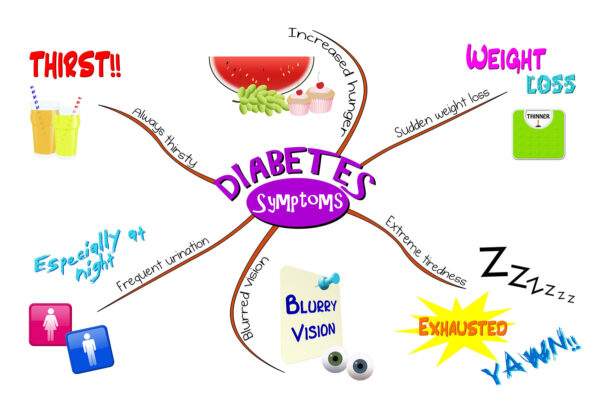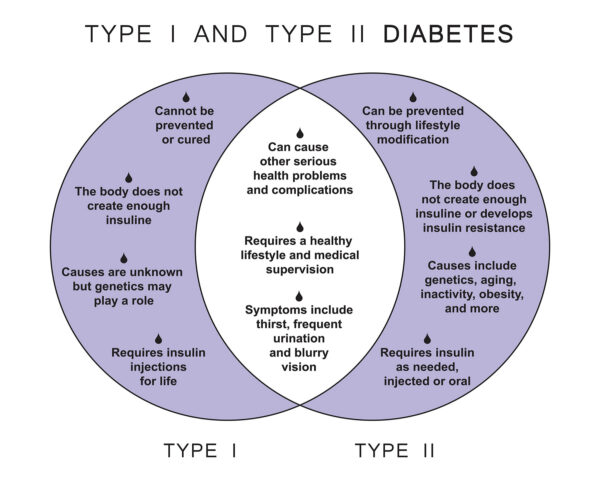Understanding the Relationship Between Diabetes Medications and Weight Loss
In the management of diabetes, certain medications can have a significant impact on weight. Understanding this relationship is crucial for individuals looking to manage both their diabetes and weight effectively.
Types of Diabetes Medications
There are several types of diabetes medications, and their impact on weight can vary:
Insulin
- Often associated with weight gain.
- Essential for blood sugar control in many people with diabetes.
Sulfonylureas
- Can lead to weight gain.
- Increase insulin production in the pancreas.
Metformin
- Often used as a first-line treatment for Type 2 Diabetes.
- Can lead to modest weight loss or help maintain stable weight.
GLP-1 Receptor Agonists
- Often lead to weight loss.
- Slow gastric emptying and increase feelings of fullness.
SGLT2 Inhibitors
- Can result in weight loss.
- Increase glucose excretion in the urine.
Impact of Medication on Appetite and Metabolism
Some diabetes medications can alter appetite and metabolism. For instance, GLP-1 receptor agonists can decrease appetite, while insulin might increase appetite.
Balancing Diabetes Control and Weight Management
Managing diabetes with medication while trying to lose weight can be challenging. It’s important to find a balance that achieves good blood sugar control without undermining weight loss efforts.
Lifestyle Factors in Conjunction with Medication
Lifestyle changes, such as a healthy diet and regular exercise, are crucial when managing diabetes and weight. These changes can enhance the effectiveness of medications and support weight management.
Monitoring and Adjusting Treatment
Regular monitoring of blood sugar levels and weight is essential. Treatment may need to be adjusted to find the right balance between managing diabetes and achieving weight loss goals.
Consultation with Healthcare Providers
It’s important to consult with healthcare providers when considering the impact of diabetes medications on weight. They can offer guidance on choosing the right medication and making necessary lifestyle adjustments.
Long-Term Health Considerations
Consider the long-term health implications of both diabetes and weight management. The right combination of medication and lifestyle changes can lead to better overall health outcomes.
A Holistic Approach to Diabetes and Weight Loss
Managing diabetes and weight loss requires a holistic approach that considers the effects of medications, lifestyle changes, and individual health goals. With the right strategies and medical support, it is possible to effectively manage both diabetes and weight.






